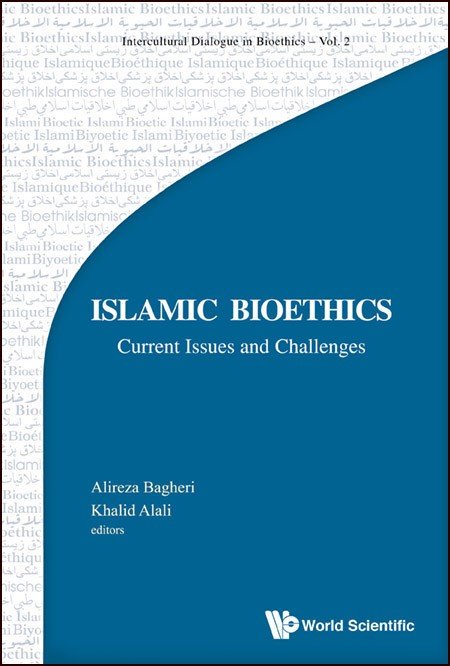CHAPTER EIGHT: Environmental Ethics in Islam
Muslims constitute one quarter of the earth’s population and there are possibilities that Muslims can contribute to alleviate the environmental crisis currently faced. One important element of the transformational process is reaffirming the understanding among Muslims themselves of the value of nature or the environment. In Islam, nature caters to the spiritual and material needs of mankind. In the Qur’anic perspective, humans are created to serve the Creator which actually means to serve the highest good for oneself, the community, and the environment. This perspective is part of the foundation of Islamic environmental ethics. The attitude of gratitude or having the predisposition of being grateful (shakur) is also the basis for an environmentally moral stand. Based on these Islamic teachings, a Muslim is able to focus on his goal of resisting extremes in worldly temptations which often translate into environmentally wasteful and exploitative habits. In Islam, nature has its own order and functions (fitrah) that work naturally within ecosystems wherein the components are mutually dependent on each other. Any single disturbance will affect the balance (mizan) of the greater system and cause harm (fasad) to at least one or more components. To sustain the balance is a core principle of Islamic worldviews, which is to preserve and sustain the wellbeing of nature and to bring peace to its inhabitants. Such sustaining principles are enshrined in the philosophy of the objective of the Islamic law (maqasid al-shariah) and are explained in the Qur’an and hadith, the primary sources of guidance for Muslims. The scientific and/or empirical knowledge of the “what and how” of nature, as well as clarification of the responsibilities that humans have regarding the nature, are critical for the enforcement of Islamic environmental ethics.


